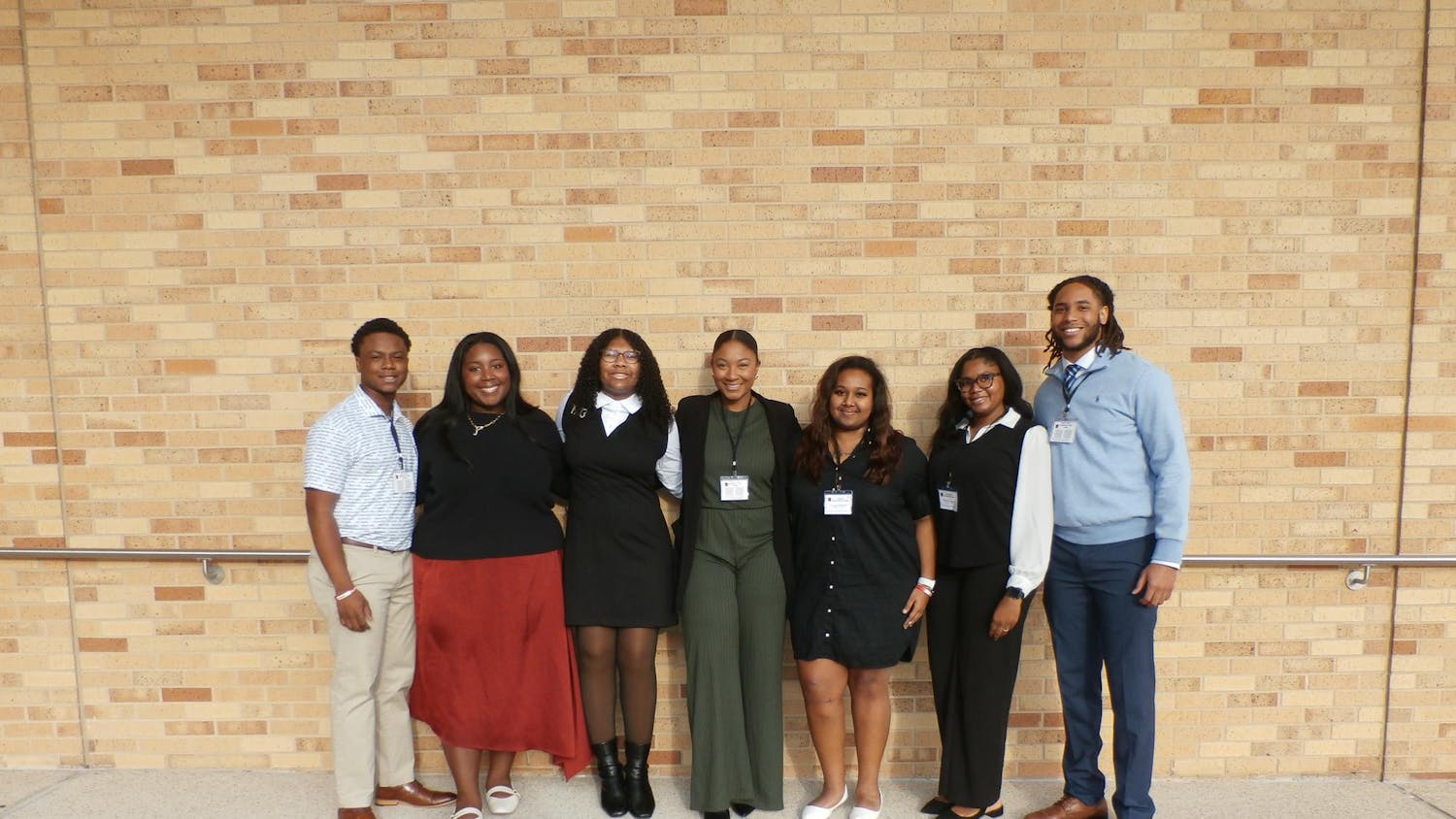There are currently 42 million refugees in the world, and none of them are in Auburn.
"Our attitude is, 'What, if anything, can we do about that?'" said Clark Solomon, senior in political science and Committee of 19 president.
On Nov. 10-11, the Auburn University Committee of 19 is sponsoring a 24-hour simulation of a refugee camp on Cater Lawn.
About 100-150 students are expected to participate. Refugees will set up their own tents, sleep in sleeping bags and eat only the food that is rationed to them.
There will be four people to a tent. Everyone has a story assigned to him or her to help create the atmosphere.
There will be a medical tent, an education tent and a food tent, among the almost 40 tents that will serve as shelter for the mock refugees.
Refugee camps are usually set up after natural disasters, famines and wars.
Students involved in the simulation will wear T-shirts that say "I am a refugee" all day.
Students will still be allowed to leave to go to class, but otherwise will spend all their time in the camp.
"When someone asks them about their T-shirt, they can say, 'I represent a refugee in Darfur,' or whatever story they have been assigned," Solomon said.
Solomon said he hopes this will stimulate conversations about what is going on and what can be done.
To make the experience more realistic, ROTC guards will be posted around the camp for security, to enforce curfew and to guard the single entrance into and out of the camp.
"When you live it for a while, it's different than seeing it on TV," Solomon said.
Refugees are often displaced from other countries or different locations in their own country.
In addition to hunger, another issue affecting people in refugee camps is safety. Many times they are treated hostilely, either for race or religion or ethnicity.
"We know that hunger is not a one-dimensional issue," Solomon said.
Committee of 19 hopes that with the simulation, students will gain a better understanding and awareness of the circumstances of refugees around the world.
"This simulation will serve as a visual reminder," said Harriet Giles, lead adviser to the Committee of 19. "It will make us aware that things that, to us, are out of sight, out of mind, are pressing issues in the world.
"Often when we think of people that are hungry, we think of them being hungry in their homes. This is not always the case."
Committee of 19 modeled this simulation after the work done by the World Food Program after the Haiti earthquake, as well as the floods in Pakistan.
"One of the first things they did was to streamline food distribution," Solomon said. "They went in and built one of these tent cities within days."
Solomon said the committee was inspired after seeing a slum simulation put on by Servants in Faith and Technology.
"After Hunger Week last year (in March), we started thinking about doing something on campus that would grab people's attention," Solomon said.
Solomon said after someone suggested the idea of a refugee camp simulation, they took the idea and ran with it.
The refugee camp simulation is made possible in large part because of donations from Sysco in Birmingham.
Solomon said Sysco donated flour, butter and vegetable oil to make the meals served in the food tent during the simulation.
Similar to the WFP, the simulation will only serve food to the women in the refugee camp.
WFP has found that women are more likely than men to ration the food to their families.
When men get the food first, they are more likely to sell it or for the food to be gone before it gets to the children.
Solomon said the atmosphere of the camp will be serious. Students will be asked not to bring their laptops, cell phones or any other electronic devices.
"We want to make this as realistic as possible," Solomon said. "Not because we are showing off or anything, but because we want to help facilitate conversation on campus about this issue."
During the day of the simulation, tours will be given of the camp to any professors, faculty, administrators or students who wish to see what the camp is all about.
"One of the goals of this is to get people talking," Solomon said.
Nothing like this has been done before on Auburn's campus.
"We don't have answers," Solomon said. "We are just looking at 'What is the problem? What can we do about it?'"
Do you like this story? The Plainsman doesn't accept money from tuition or student fees, and we don't charge a subscription fee. But you can donate to support The Plainsman.




